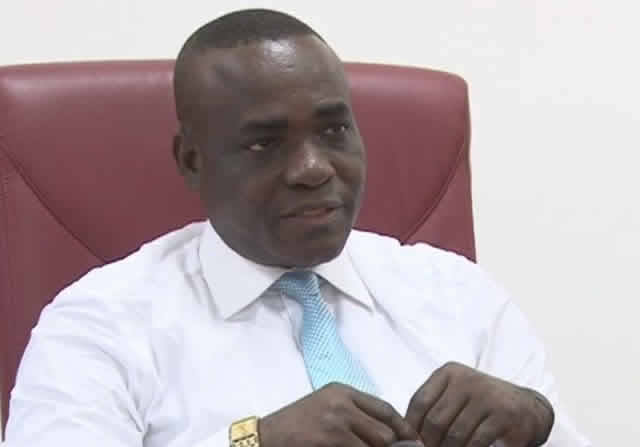News Investigators/ A chieftain of the All Progressives Congress (APC), Ita Enang, has thrown his weight behind the decentralisation of policing in Nigeria, urging the Federal Government to allow states a greater role in managing internal security.
Speaking with the News Agency of Nigeria (NAN) in Abuja, Enang, once a staunch opponent of state policing, said he had changed his stance in light of the country’s worsening security situation.
“Initially, I didn’t support state police,” he admitted.
“Sen. Ike Ekweremadu had always advocated for it, and I was opposed. But I am now a convert. I support it because our understanding of security has evolved, and accountability has become lopsided,” he said.
Mr Enang noted that security failures were often blamed on the President, even when they occur within the purview of state governments, reflecting a lack of clear responsibility.
“Governors are expected to support the police, but they do so voluntarily; not as an obligation. Yet, when security breaks down, it’s the President who gets the blame,” he said.
The former presidential aide also wants more attention and resources allocated to the Nigeria Police Force (NPF) like other federal security agencies, such as the Department of State Services (DSS), the National Intelligence Agency (NIA), the Nigeria Security and Civil Defence Corps (NSCDC), and the Federal Road Safety Corps (FRSC).
He argued that granting states more responsibility for internal security, while the Federal Government retains supervisory oversight, would enhance effectiveness and accountability.
“Let the states take up more responsibility for their internal security, with the Federal Government maintaining supervisory control to prevent abuse,” he said.
Mr Enang, however, cautioned against giving governors unchecked security powers, citing historical and recent examples of misuse.
“We must remember the era of regional autonomy that culminated in the Nigerian Civil War.
“There have also been political crises in states like Ondo and Osun that remind us of the risks,” he warned.
He, therefore, called for a carefully designed framework that empowers states to manage security while preserving national cohesion.
“There must be a balance. States should have their own police forces, but within a structure that ensures unity and federal oversight,” Enang said.
NAN
